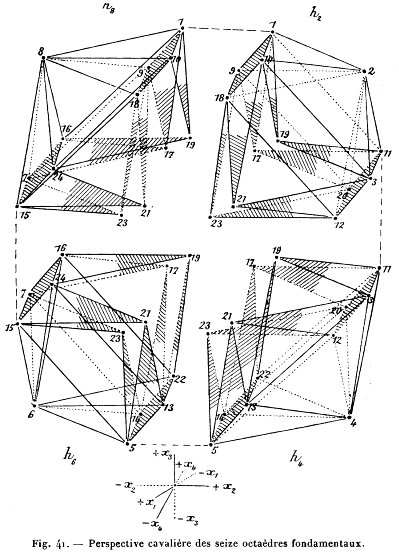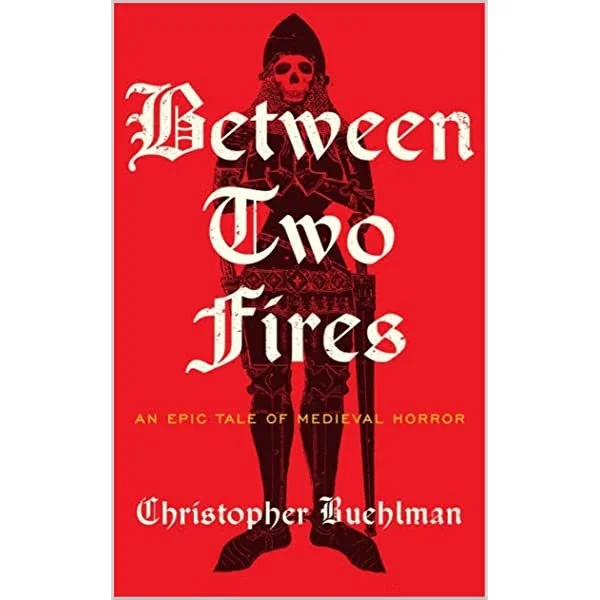Despite the fact that I’m listing off individuals, what I’m really pointing to are specific images of people crystallized in popular culture. Marcus Aurelius was not always the Marcus Aurelius that is remembered by history and popular imaginings. The historical figures, considered this way, are no more real than the most crudely drawn stock character: real people are complex and contain multitudes. Characters – even the most three-dimensional, deep characters – are often the opposite.
Read MoreNow, I’ve had a lot of thoughts on genre fiction in the past, and this list is going to be more useful for people interested in writing a secondary world story, with a particular (but not exclusive) eye towards fantasy fiction. As a result of a number of factors, there are going to be several works that I often make use of in my political thoughts, but this list isn’t primarily or solely focused on that.
Read MoreWe write these on the off-chance that people might click through on the link, go to bookshop, and buy the books (doing so supports us a little bit, and local bookshops a bit more; we like that fact more than we like giving Amazon any more money than we have to.) However, there are two things I’d like to point out and suggest that people donate to help with: the specific state of the internet archive, and the more general case of supporting the rights of transgender people.
Read MoreI tend to think of this – perhaps grandiosely, perhaps unnecessarily – as a kind of libidinal architecture: creating a structure that encourages those moving through it to move towards a certain set of goals and away from a general set of lose conditions.
Read MorePlay – as Huizinga defines it above – is ultimately generative. It creates an order that would not otherwise come into being: in the middle of the twentieth century we see a narrowing of horizons. They are not so much being allowed to play as they are being encouraged to engage in what might be called a kind of “socratic” play. The doll or the model car has a specific way that the user is encouraged to engage with it in, and to do otherwise is a kind of perversion.
Read More




